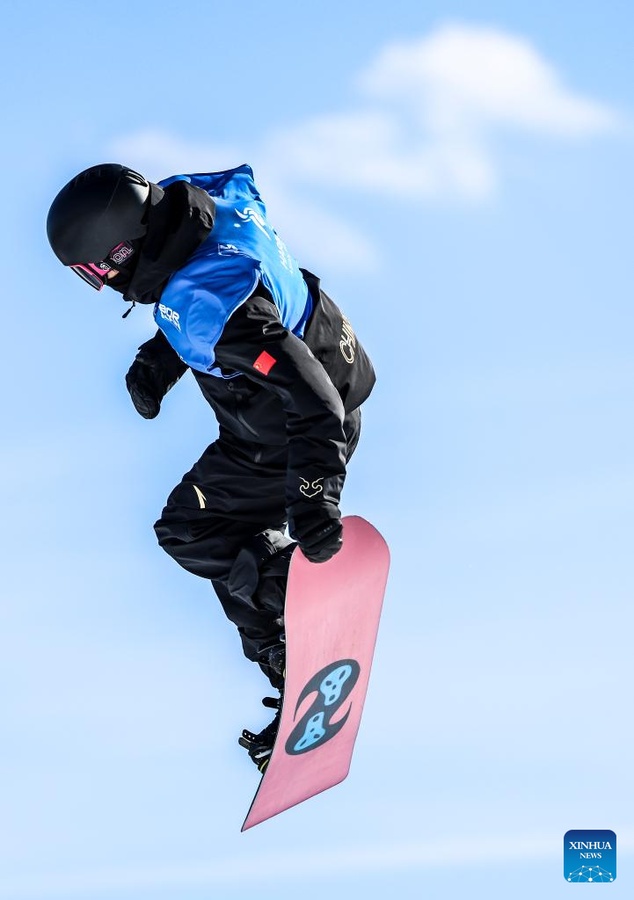Yabuli, China, February 13, 2025: China has made tremendous strides in winter sports - but there is still a long way to go to close the gap on the world’s best, especially in snow events.
This was the universal view from the foreign coaches hired to propel China to the top of ladder at the Winter Olympics.
To help Chinese athletes prepare for the 9th Asian Winter Games in Harbin, and further down the line the 2026 Milano-Cortina Winter Olympics, a total of 20 foreign coaches and trainers from 11 countries, including the United States, Canada, Russia and New Zealand, were taken on board.
If the gold medal rush in Harbin (ice events) and Yabuli (snow events) is taken at face value – with two days left in the competition China had won a record 31 gold medals – then it appears that the hosts are on track to challenge the likes of Norway, Germany and United States, who finished 1-2-3 at the last Winter Olympics, 2022 Beijing.
But there were cautionary words from some of the foreign coaches guiding China. Sam Hulbert, coach of the Chinese snowboarding team, said: “We have made a lot of progress. I believe that, in snowboarding, China can be competitive. But there is still a long way to go, and the only way to keep improving is from international competition experience.”
China has won a massive 18 gold medals on the snow – seven in freestyle skiing, five in cross-country skiing, three in snowboarding and three in ski mountaineering.
One sport in which they failed to reach the podium was alpine skiing which was dominated by the Japanese and Koreans with the best-ranked athletes being Liu Xiaochen, who finished seventh in the men’s slalom, and Ni Yueming, ranked eighth in the women’s event.
“We are making progress but there is a long way to go. We have to continue working hard,” said Piers Adrian Iliffe, head coach of the Chinese alpine skiing team.
Iliffe continues: “You have to understand that countries like Japan and Korea have promoted alpine skiing for around 40 years. We have to start from scratch and first build a coaching setup to work with youngsters so that when they get to the national team they have a good level that we can build on. Unfortunately, we are far behind in that aspect. We have to work on that in the future.”
The chorus from China’s foreign coaches in Yabuli - there are seven of them - is that the local athletes have to improve their physical condition and techniques, as well as take part in more international competition.
“We must go and compete in Europe to get more experience against other nations. The level of alpine skiing internationally is very high.” Iliffe added.
In snowboarding, China is already competitive on the international stage. Before arriving in Yabuli, Yang Wenlong won his first-ever FIS Snowboard Big Air World Cup victory in Kreischberg, Austria.
“Yang is one of the most promising young Chinese snowboarders, and that victory was a momentous occasion as it showed that China can be competitive on the international stage. It will motivate the rest of the team,” Hulbert believes.
Yang, who won gold in Yabuli, says that win in Austria has boosted his self-confidence. “Winning a World Cup medal is a dream come true; it motivates me to keep pushing for my ultimate goal – the Winter Olympics.”
Once that self-belief spreads across other Chinese athletes, too, the world had better watch out.



